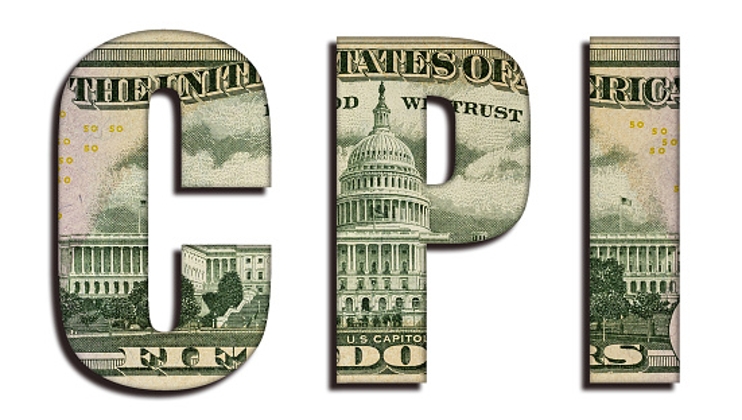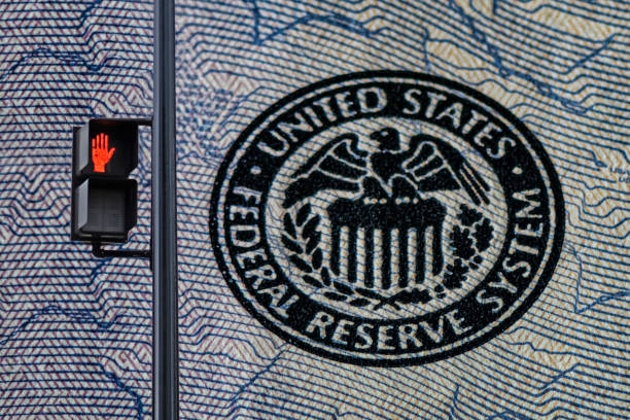Taking something of a step back from all the intraday, knee-jerk, post-CPI vol, there are a few things that haven't changed:
- The next move in rates will still be a cut, not a hike
- The FOMC's focus is still on the duration at which the fed funds rate is held steady, rather than how high it were to reach
- If things were to turn sour economically, or from a financial stability standpoint, the FOMC are willing & able to cut more aggressively, and/or step in with targeted (or otherwise) liquidity injections
Hence, my bullish risk view is little changed. Whether the cut comes in June or July or September, and whether we get 50bp or 75bp (or more/less) of easing this year, the direction of travel for policy remains unchanged.
While clearly not the data policymakers would be hoping for, for equities things haven't really changed - the 'Fed put' remains well & truly alive, which should continue to give investors encouragement to move out the risk curve, knowing Powell & Co. have their backs, keeping vol relatively low, and dips likely remaining shallow.
The outlook has, however, changed for FI and for FX. Risks now, even more so than before, tilt in an increasingly (relative) hawkish direction in terms of the FOMC outlook, than for other G10 central banks; the ECB will cut in June, while the BoE, BoC, and SNB will likely follow, and cuts from the RBA and RBNZ are on the cards later in the summer. This is especially the case with downside inflation risks in most of these economies, as well as much more slack in said labour markets, than seen stateside. Therefore, this should see rate differentials continue to widen in favour of the US, keeping the greenback underpinned against most peers, and helping the USD to build on the fresh YTD highs printed today.
For Treasuries in particular, with the FOMC still set to cut this year, despite the bumpy road back to 2% inflation, this reinforces the idea that said target is now not a fixed, explicit figure, but instead is being interpreted by policymakers as a RANGE. This should see inflation breakevens continuing to trade with 2% as a floor, rather than the ceiling seen pre-pandemic, while also allowing long-end rates to continue to sell-off, as markets adjust to a potentially shallower easing cycle, higher r*, and higher inflation in the medium-term. The scope of any selling at the front-end, however, will likely be limited by policy expectations continuing to be guided towards easing, hence 2s yielding 5% seem like a buy, and the curve in its entirety should resume bear steepening.
Related articles
此处提供的材料并未按照旨在促进投资研究独立性的法律要求准备,因此被视为市场沟通之用途。虽然在传播投资研究之前不受任何禁止交易的限制,但我们不会在将其提供给我们的客户之前寻求利用任何优势。
Pepperstone 并不表示此处提供的材料是准确、最新或完整的,因此不应依赖于此。该信息,无论是否来自第三方,都不应被视为推荐;或买卖要约;或征求购买或出售任何证券、金融产品或工具的要约;或参与任何特定的交易策略。它没有考虑读者的财务状况或投资目标。我们建议此内容的任何读者寻求自己的建议。未经 Pepperstone 批准,不得复制或重新分发此信息。



.jpg?height=420)